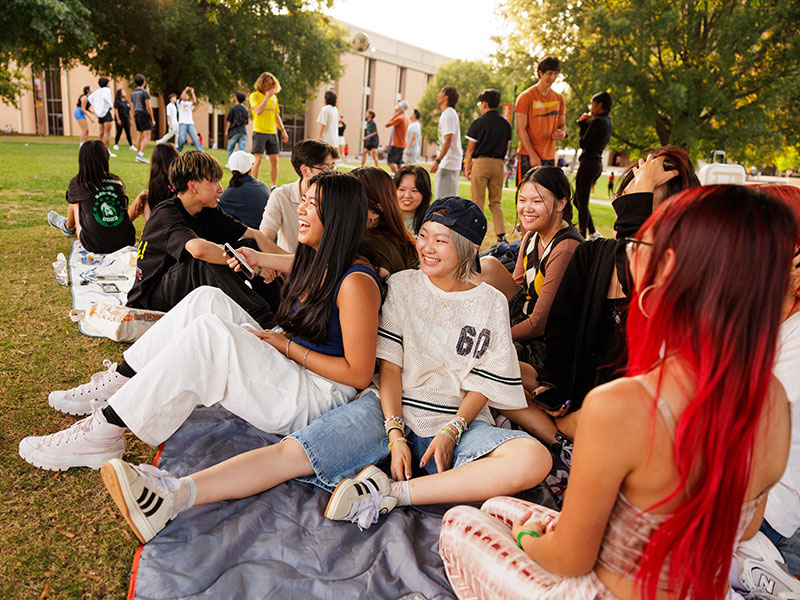The Office for Campus Culture and Community enhances the Volunteer experience by fostering a supportive campus culture where Vol is a Verb.
We help students develop a sense of belonging, investing in their personal growth and development, helping shape them into well-rounded, globally engaged leaders.
The Division of Student Life has established the Office for Campus Culture and Community to foster a supportive and connected community for all undergraduate and graduate students. This office brings together some initiatives previously led by the Pride Center and Multicultural Student Life under a new and expanded range of services.

Leadership Development & Holistic Support
Expands access to campus resources, support systems, and programs tailored to individualized success needs as students find their own place as part of the larger Volunteer community.

Community Engagement & Responsibility
Encouraging active participation in campus life, fostering community engagement, and instilling a sense of shared responsibility among all students so they can thrive and achieve success.

Connection & Campus Collaboration
Strengthen relationships across campus through deliberate collaborative partnerships and programming that equip a student’s personal development, civic responsibility, and community awareness.
Stay connected with our office!
Sign up for our weekly newsletter to learn about opportunities to grow in your leadership development, pursue active participation in the UT community, and foster a campus culture rooted in understanding, mutual respect, and shared growth.
Sign up to receive our newsletter
Office for Campus Culture & Community Locations
Frieson Black Cultural Center Building
1800 Melrose Ave.
Knoxville, TN 37996
Pride Commons at the Student Union
1502 Cumberland Ave., Suite 373
Knoxville, TN 37996
